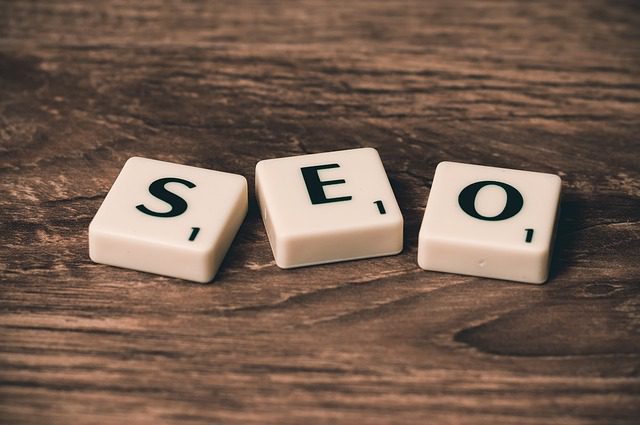
SEO and SEM sound similar but are two completely different channels of digital marketing. Both are designed to target consumers on search engines, but they both do so in very different ways. Both strategies can be hard to conquer, especially when doing them alone. However, when paired together, they can work well in any digital marketing campaign. For a business to have a solid online presence, it should try utilizing both channels. This is something Itonic, a digital marketing agency, can help with if a business needs a little extra support.
Search engine optimization, SEO, uses tactics to optimize a website’s elements to make it more visible online. As a website becomes more visible, it encourages more organic traffic. Organic traffic is traffic that has not been paid for, and those using the internet have found the website independently. Of course, SEO is designed to make the site more visible, but still, consumers have come to it naturally.
There are different SEO types, including technical SEO, on-page SEO, off-page SEO, and content. These SEO tactics all target different elements of a website. Technical SEO works behind the scenes and looks at coding, speed, and crawlability. On-page SEO is precisely that. It looks to optimize everything that’s on a web page. This can include a page’s title, image captions and alt tags, and even some of the content. Off-page SEO works hard to link other sites with a particular web page so that search engine crawlers can find different web pages with ease. This is ideal for when websites need to cache and index new content. Finally, content may just be the most important tactic. Content is often filled with keywords and phrases which best describe certain products and services. The keywords and phrases used in content can then be matched with all kinds of search queries. For example, if someone performs a search query for strawberry ice cream and a particular page is filled with strawberry ice cream content, it’s a match! A search engine will show that page to the searcher as it’s relevant to their search.
SEM, search engine marketing, works slightly different. One of the most significant differences between SEO and SEM is that SEO focuses on organic tactics, whereas SEM takes on a paid approach. SEM can often be referred to as PPC marketing too, which means pay per click. All this means is that paid adverts are posted onto search engines and other channels, but companies are not charged for the advert unless someone were to click on it.
The most common SEM forms include search ads on search engines such as Google, Bing, and Yahoo. It also includes shopping ads, YouTube and social ads, amongst others. Social ads and search engine ads are perhaps the most popular SEM forms as they’re some of the most regularly used platforms. For search engines, PPC ads will appear on the right-hand side of a results page as well as at the very top of the results page. Social ads can appear anywhere on a social page or appear before a video or mid-video on YouTube.
SEO and SEM are similar in the way that they are both designed to boost traffic on a website. They both also use keywords to target relevant audiences, and they can both provide a deeper understanding of what an audience is looking for and what their needs and wants are.
There are benefits to using both strategies and when working together, they make a great pair. However, for more instantaneous results, SEM might be a better choice. Paid ads can be published quickly, whereas SEO can take time to yield results. SEO results may eventually hold more value, but not everyone can wait.
SEO is more cost-effective, which is great for businesses with smaller marketing budgets. Plus, with SEM, if adverts are not designed correctly, they could appear in multiple searches and cost more as more people are clicking them, even though they are not relevant to their search. It’s important that PPC ads are specific to avoid this from happening.
Understanding these channels is key to creating a great online presence!
